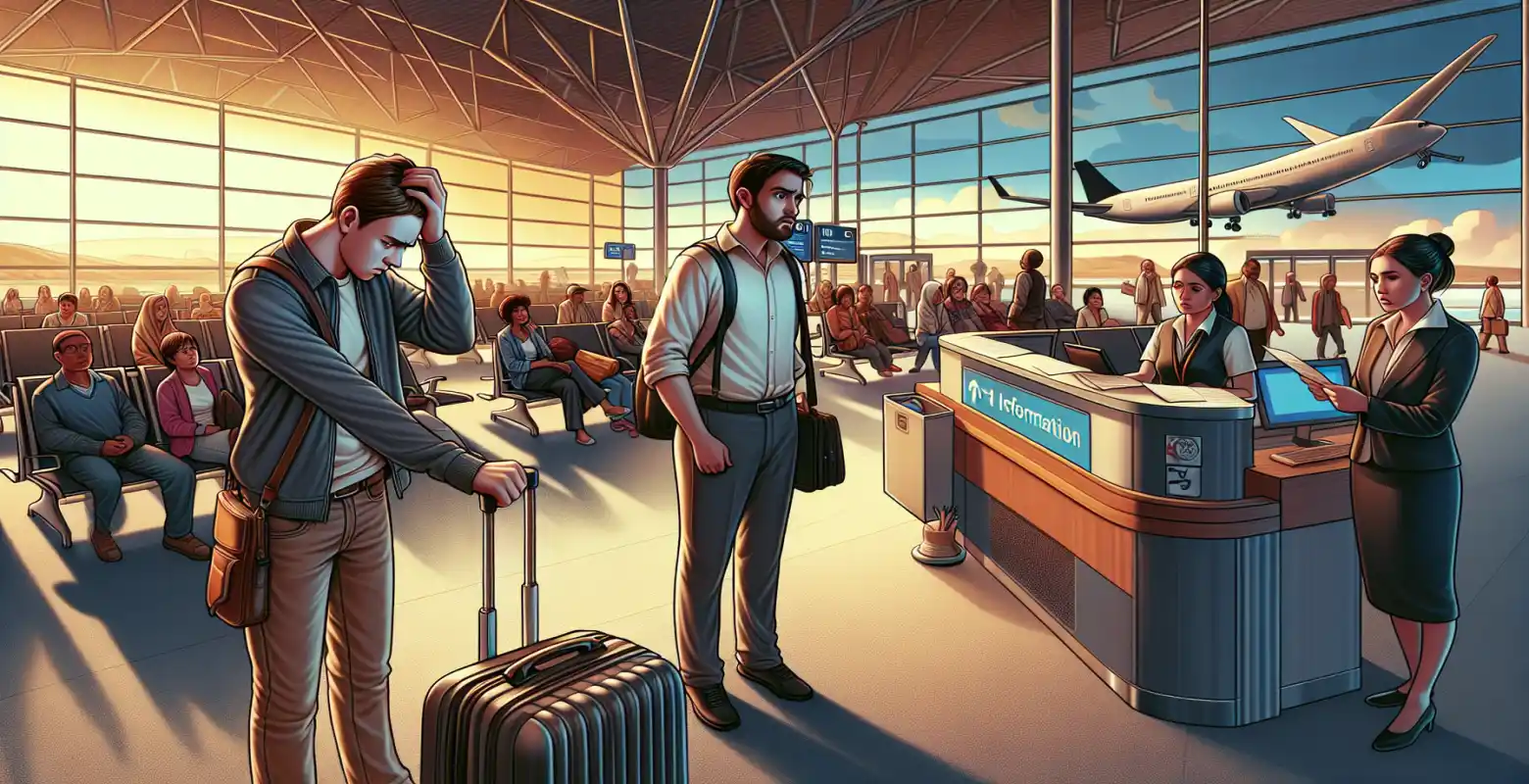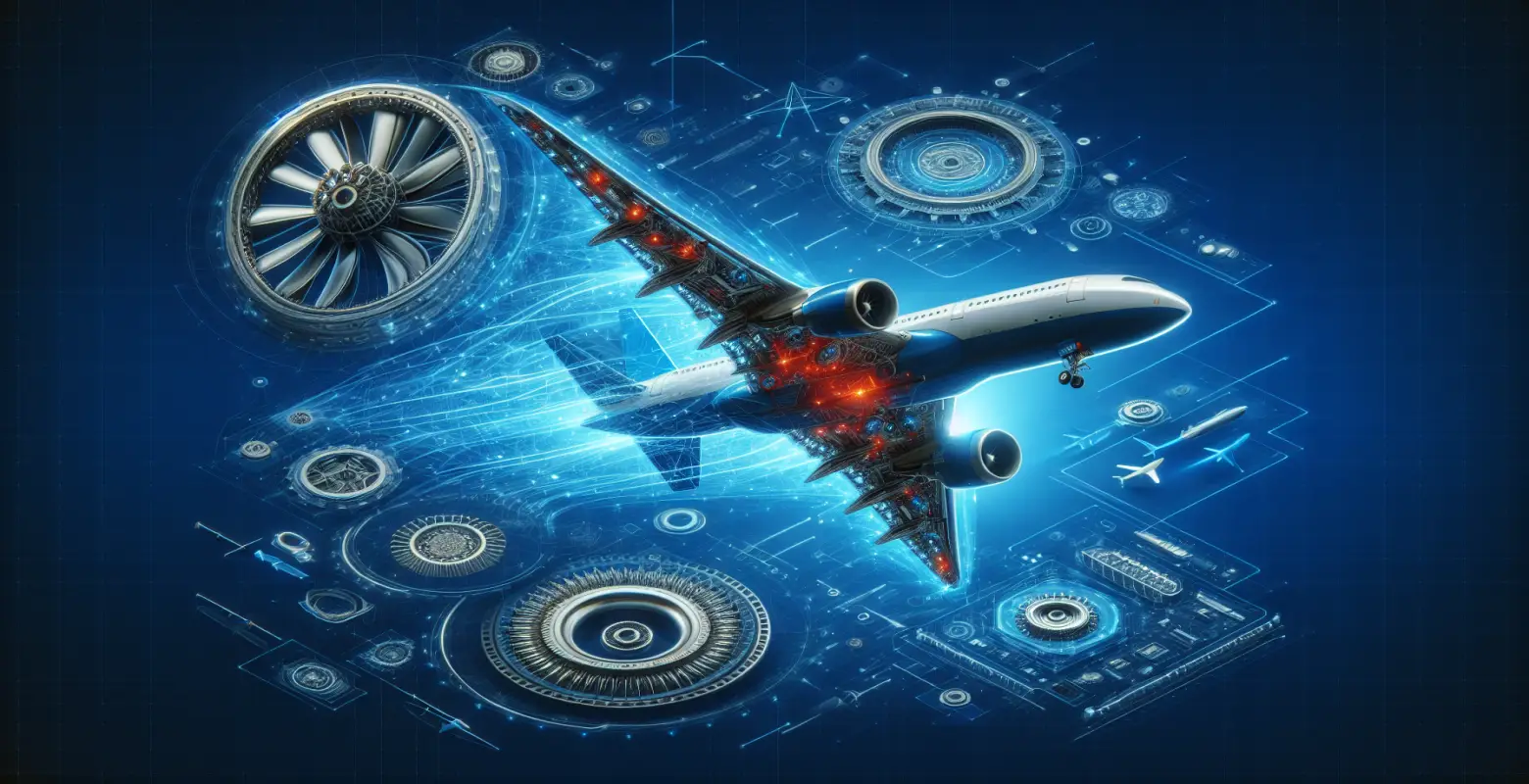The impact of rising fuel prices on airfares in 2025
The Impact of Rising Fuel Prices on Airline Tickets in 2025
In recent years, the aviation industry has faced many challenges, with one of the most crucial being the increase in fuel prices. It plays a key role in the operational costs of airlines, which directly translates into ticket prices for passengers. Analyzing the impact of this phenomenon on the aviation market in 2025 is significant for both carriers and passengers who frequently travel. In this article, we will examine how changes in fuel prices may affect airline ticket prices, as well as the potential implications for the industry and travelers.
Rising Fuel Prices: Key Factors and Forecasts
The increase in fuel prices in recent years stems from several factors, including geopolitical tensions, constraints in oil production, and rising energy demand. According to the International Energy Agency (IEA), it is predicted that oil prices will continue to rise in the coming years due to limited supply and increasing demand in the global market.
The rise in fuel prices directly impacts the operational costs of airlines, as fuel accounts for about 20-30% of their total costs. Therefore, even a slight increase in oil prices can lead to a significant cost increase for carriers, which is often passed on to passengers in the form of higher ticket prices.
Historical Background: How Airlines Dealt with Fuel Price Fluctuations?
In the past, airlines employed various strategies to minimize the impact of rising fuel prices. These included fuel hedging, which involves purchasing futures contracts that allow carriers to buy fuel at a fixed price in the future. This helps reduce the risk associated with sudden price hikes.
Other strategies include fleet modernization to enhance fuel efficiency and optimize flight routes. Introducing modern aircraft, such as the Boeing 787 Dreamliner or Airbus A350, which consume less fuel, enables airlines to lower operational costs despite increasing fuel prices.
Impact on Passengers: Increasing Costs of Air Travel
While airlines strive to minimize costs, the inevitable rise in fuel prices leads to higher ticket prices. For passengers, this means that air travel may become less accessible, especially on long-haul routes where fuel costs constitute a larger portion of total flight expenses.
Higher ticket prices can also impact tourism, especially in regions heavily reliant on foreign tourist arrivals. Price hikes may deter tourists from traveling, which in turn can affect local economies.
Future Trends and Innovations in the Aviation Industry
To counter the impact of rising fuel prices, the aviation industry is increasingly turning to technological innovations. One area gaining importance is the development of alternative energy sources, such as biofuels. Biofuels can help reduce dependence on traditional fossil fuels and limit CO2 emissions.
Another direction is the advancement of electric and hybrid aircraft technologies, which can significantly reduce fuel consumption. While these technologies are still in development, it is anticipated that they may revolutionize the aviation industry in the future.
Challenges and Opportunities for Airlines
While rising fuel prices present airlines with a range of challenges, they also open up new opportunities. Carriers that invest in modern technologies and operational efficiency can gain a competitive edge in the market. Sustainable development is becoming increasingly crucial, and airlines adopting eco-friendly approaches may attract environmentally conscious passengers.
Additionally, the development of cost management strategies, such as dynamic pricing, allows airlines to better manage their profitability in changing market conditions. Carriers can adjust ticket prices in real-time based on demand and supply, enabling more flexible revenue management.
Summary
The impact of rising fuel prices on airline tickets in 2025 is an extremely important topic for the entire aviation industry and passengers. While the increase in oil prices poses a challenge for airlines, it also presents an opportunity for innovation and sustainable development. The aviation industry must adapt to new realities by investing in modern technologies and cost management strategies to maintain competitiveness in the market and ensure the availability of air travel for passengers worldwide.






Number of comments: 0